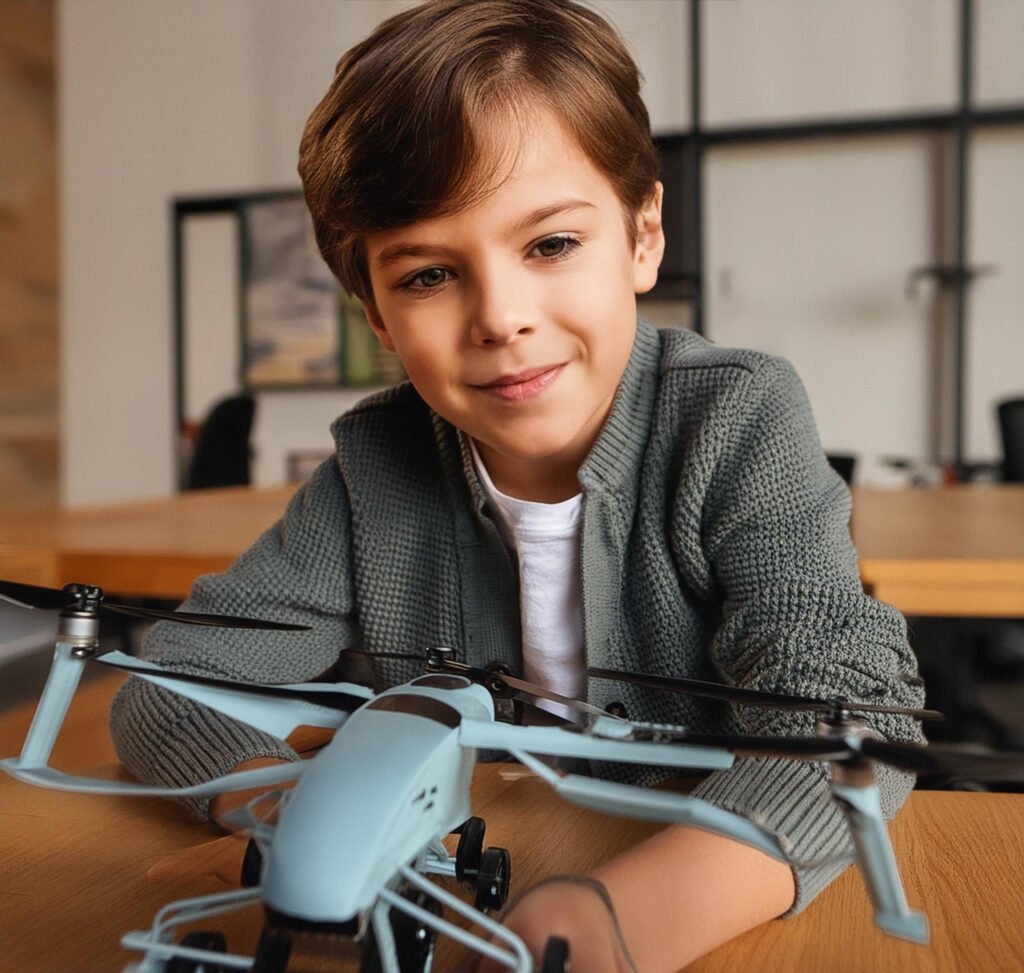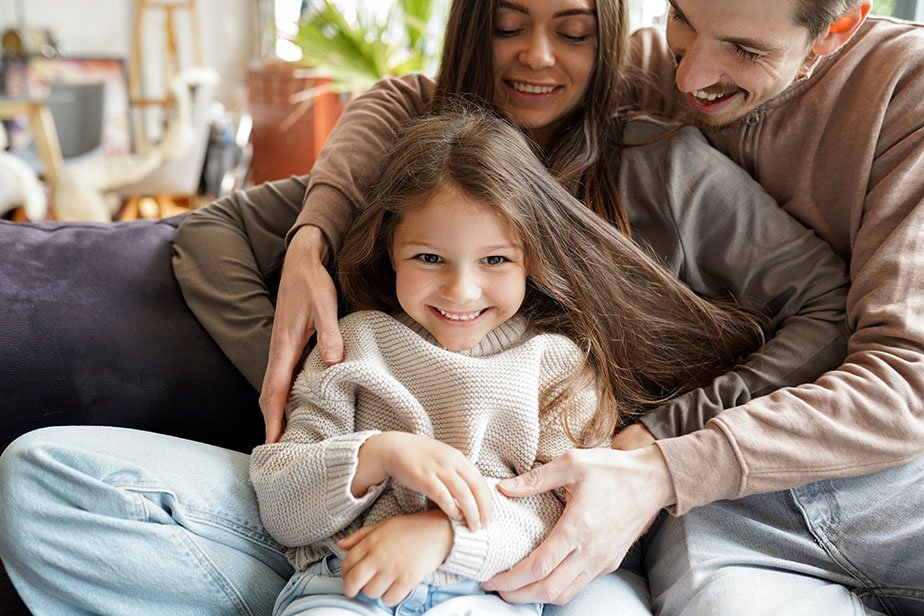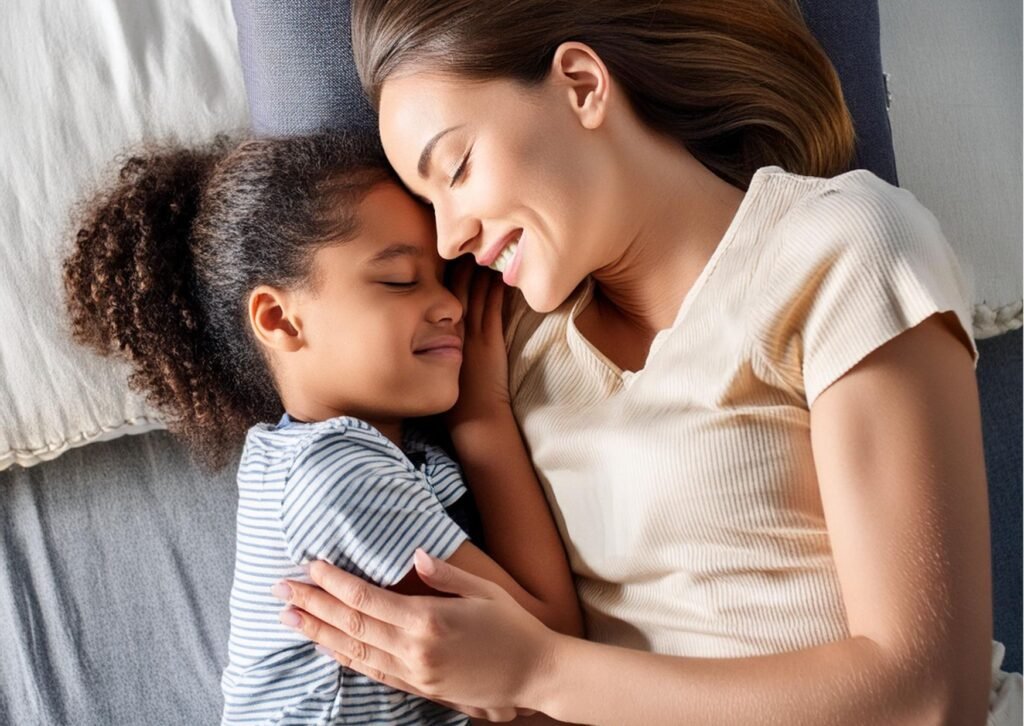
In the whirlwind of contemporary child-rearing, the pressure to acquire “stuff” can be relentless. Playrooms overflowing with brightly colored plastic tempt parents to constantly add to the collection, fueled by the belief that more toys translate to happier children. Yet, a growing movement – minimalist parenting – proposes a refreshing alternative. This philosophy prioritizes quality over quantity, fostering a deeper connection with your children and nurturing their creativity in unexpected ways. Let’s explore the compelling benefits of minimalist parenting that extend far beyond a decluttered toy box:
1. Unleashing the Power of Imagination: Imagine a child’s bedroom transformed. Gone are the rows of plastic figures and shelves overflowing with pre-programmed toys. In their place lies a haven for creativity – a basket of wooden blocks, a collection of colorful scarves, and a cardboard box waiting to be reinvented. Minimalist environments, devoid of excessive toys, provide fertile ground for imaginative play. Unstructured playtime with open-ended materials empowers children to become architects, inventors, and storytellers. They weave tales around a single, well-loved stuffed animal, transforming a cardboard box into a spaceship, or building elaborate castles from blankets. This fosters not only creativity but also crucial problem-solving skills as they navigate the open-ended possibilities with each object.
2. Cultivating Stronger Family Bonds: Imagine evenings free from the relentless battle against clutter. By minimizing clutter, minimalist parents free up valuable time from the clutches of constant tidying. This translates to more quality family time – a chance to build forts, explore nature, or simply enjoy a movie night together. Without the constant pressure to organize and manage possessions, parents can truly be present in the moment. They can engage in imaginative play alongside their children, fostering a sense of shared joy and connection. These shared experiences strengthen the bonds that truly matter, fostering a sense of belonging and connection that goes beyond the material world.
3. The Gift of Time: Imagine mornings without the frantic search for a misplaced shoe or the constant nagging to pick up toys. Embracing minimalism streamlines routines, minimizing the time spent organizing and managing possessions. This precious gift of time empowers you to be more present in the moment, to follow your child’s lead during playtime, and to relish the joy of simply being together. Spontaneity becomes possible, fostering a sense of adventure and shared exploration. Whether it’s a trip to the park sparked by a sunny afternoon or a baking session inspired by a craving, these unplanned moments create lasting memories that strengthen the parent-child bond.
4. Nurturing an Attitude of Gratitude: Imagine a world where a single, well-loved stuffed animal becomes a cherished companion, sparking imaginative journeys. By minimizing possessions, minimalist households promote an environment where children learn to appreciate what they have. A single, high-quality toy receives more attention and care, fostering a deeper connection with the object. This fosters a sense of gratitude and contentment – a valuable life skill that counters the constant barrage of consumerism children face today. They learn to appreciate experiences and the joy of imaginative play over the fleeting thrill of a new toy.
5. Prioritizing Experiences Over Possessions: Imagine a family vacation fueled by shared experiences rather than souvenir-hunting. Minimalist parenting encourages a shift in focus from material possessions to enriching experiences. This can take the form of weekend camping trips, museum visits, or even just exploring the wonders of your own backyard. These shared experiences create lasting memories that resonate far deeper than the fleeting thrill of a new toy. They spark curiosity, broaden horizons, and create a shared narrative that strengthens the family unit.
6. Fostering a Calmer Environment: Imagine a home that feels like a sanctuary, free from the visual chaos of clutter. Clutter can be a significant source of stress, impacting both parents and children. By embracing minimalism, you create a calmer and more serene home environment. This reduction in visual and mental clutter benefits everyone’s well-being, fostering a space for relaxation and genuine connection. Children are less likely to feel overwhelmed by their surroundings, and parents can find moments of peace amidst the daily chaos. This calmer environment allows for deeper conversations, fostering a stronger emotional connection within the family.
Minimalist parenting isn’t about deprivation; it’s about creating a life rich in experiences and fostering a deeper connection with your children. It’s about letting go of the unnecessary and focusing on what truly matters – your family and the memories you create together. By embracing minimalist principles, you can cultivate a more intentional and enriching childhood environment for your little ones, one that sparks creativity, strengthens family bonds, and allows for precious moments of connection that transcend the material world.





